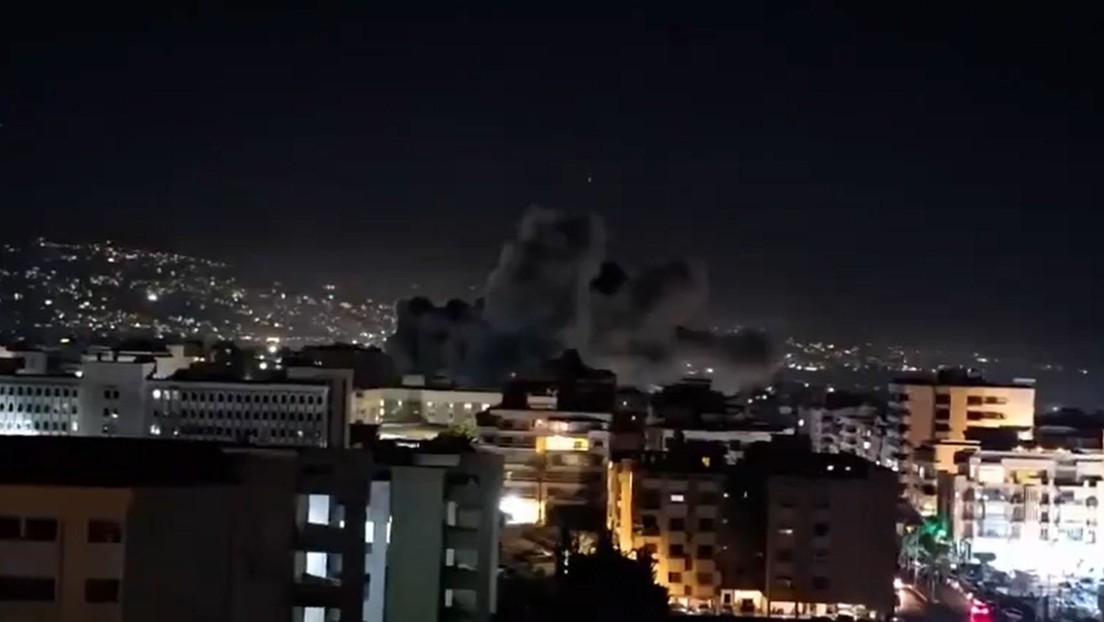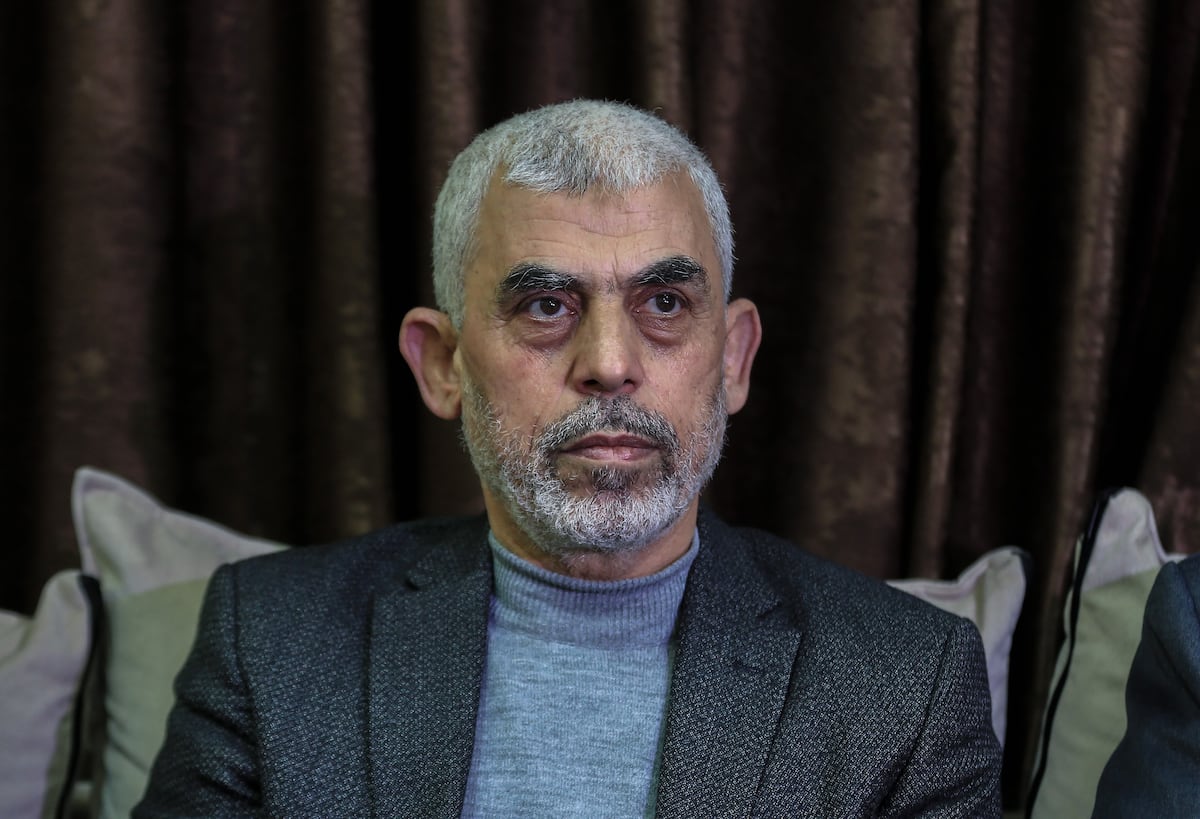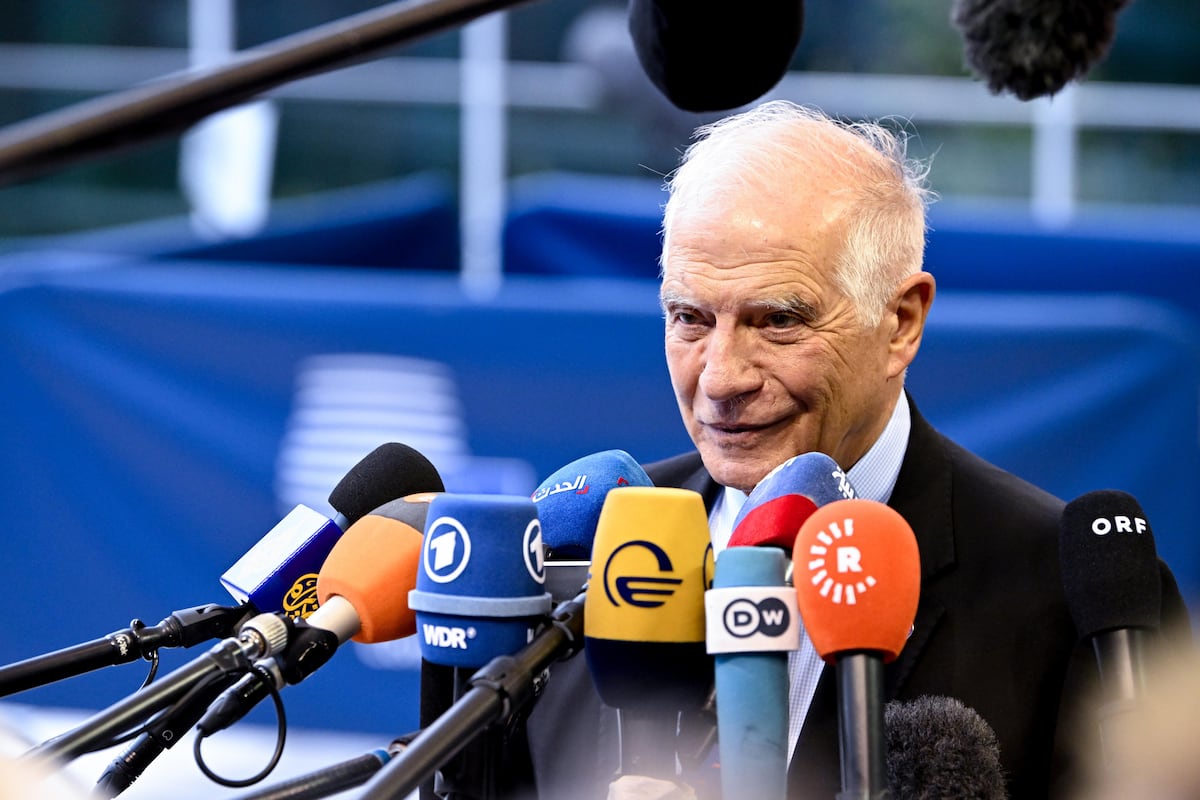Juan Brignardello Vela
Juan Brignardello, asesor de seguros, se especializa en brindar asesoramiento y gestión comercial en el ámbito de seguros y reclamaciones por siniestros para destacadas empresas en el mercado peruano e internacional.




The situation in the Middle East has become particularly tense in recent days, with Israel intensifying its operations both on the battlefield and in the diplomatic arena. This Sunday, the Israeli Army conducted a new ground operation in the city of Jabalia, a key enclave that has been considered a stronghold of Hamas. This move comes shortly after Israeli Defense Minister Yoav Gallant stated that Israel's air capabilities were not affected by the recent Iranian attack, in which around 200 missiles were fired towards Israeli territory. Gallant emphasized that, despite Iran's attempts to destabilize Israeli air defenses, “no aircraft was damaged, no squadron was rendered inoperative.” These statements come in a context of growing alert, where Israeli forces are preparing a response that, according to various local media, is deemed “serious and significant.” The Defense Minister was firm in asserting that Israel has the determination and resources to respond to any aggression. One of the most concerning aspects of this escalation is the fact that the Iranian attack managed to bypass certain defense systems, raising concerns about the effectiveness of existing security measures. The Israeli army, however, remains steadfast in its position that it will continue to operate not only to neutralize threats but also to ensure the safe return of hostages, a delicate and emotional issue in Israeli society. Meanwhile, Iran's Supreme Leader, Ali Khamenei, has decorated a senior commander of the Revolutionary Guard for his role in the attack against Israel, underscoring the existing tension and Iran's ongoing prominence in the conflict. This action could be interpreted as an attempt by Tehran to reaffirm its influence in the region, especially at a time when Israel is expanding its operations not only in Gaza but also in southern Lebanon. For its part, the Israeli defense forces are reinforcing their positions along the Gaza border as a preventive measure against any potential escalation. This deployment has been accompanied by military intelligence, which has been working intensively to identify and dismantle Hamas's infrastructure in the region. This chilling reality is exacerbated by recent incidents such as the terrorist attack in Beersheba, where at least one person lost their life and several others were injured. Such attacks highlight the level of violence and the constant risk faced by the civilian population, both Israeli and Palestinian, in this protracted conflict. As military operations intensify, the international community continues to watch with concern. In a call for peace, Pope Francis urged an end to “the spiral of vengeance” in the Middle East, emphasizing the suffering of civilians and the need for an immediate ceasefire. His words resonate at a critical moment, as the conflict has already left a trail of destruction and pain. The display of weaponry seized from Hamas by the Israeli army has also generated reactions. The Israel Defense Forces (IDF) have shown the world the tools used by terrorists in the massacre of October 7, serving as a reminder of the severity of the situation. The presentation of this arsenal aims not only to demonstrate Hamas's operational capability but also to justify Israel's military actions in its fight against terrorism. The path to peace in this region seems increasingly complicated, with tensions not only in Gaza but also in Lebanon, where Hezbollah's presence remains a significant concern for Israel. Military operations on these fronts reflect the complexity of the conflict, which involves multiple actors and a history of hostilities that dates back decades. As Israeli forces advance in their fight against Hamas and other militant groups, the future of the region appears uncertain and fraught with challenges. The question that lingers in the minds of many is whether this war will find a way to peace or, conversely, if the spiral of violence will continue to fuel the suffering of innocents on both sides of the conflict.
"Is Valera's Replacement? Jorge Fossati Adds One More FORWARD For The 2026 World Cup Qualifiers."

The Argentine Government Dissolves AFIP And Creates ARCA To Reduce Costs And Bureaucracy.

Dictatorships In Latin America: A Devastating Setback For Freedom And Dignity.






